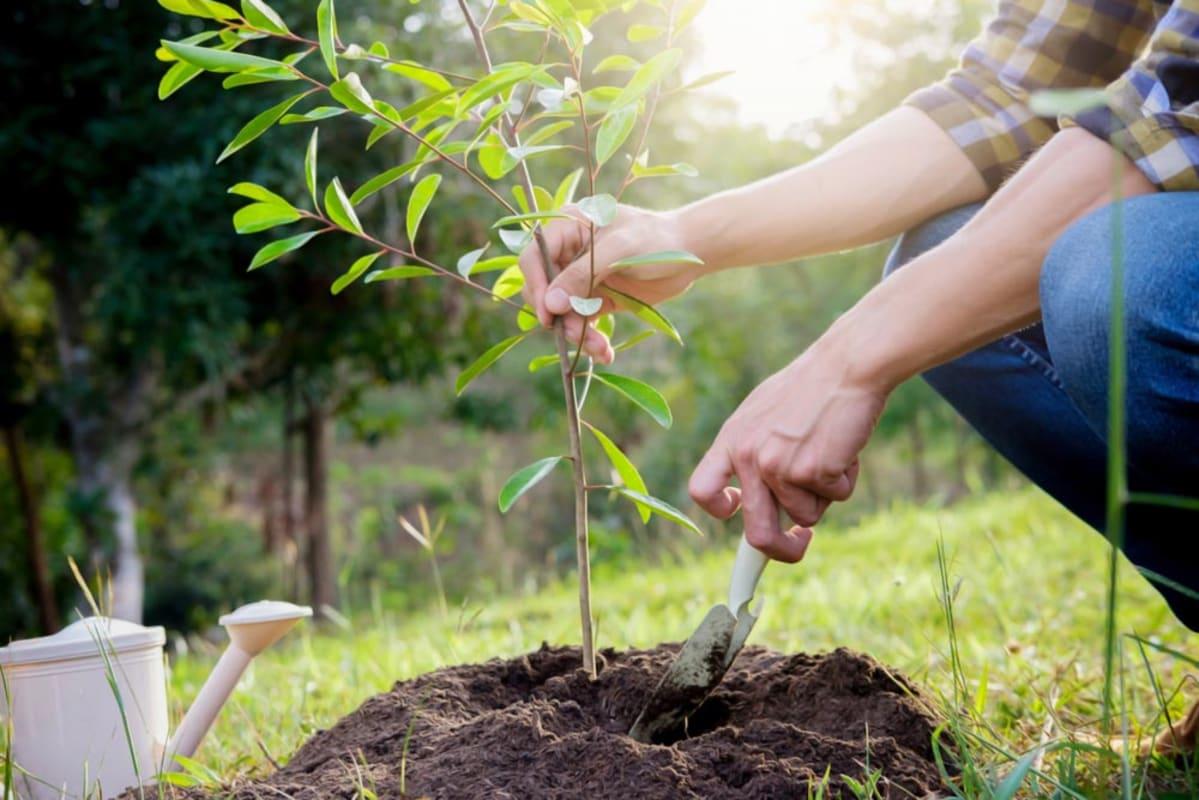In an era where environmental stewardship is more critical than ever, tree planting has emerged as a beacon of hope in combating climate change and enhancing urban landscapes. As individuals and communities increasingly recognize the vital role that trees play in our ecosystems, the demand for professional tree planting services is on the rise. But what exactly do these services entail, and how do their costs measure up against the plethora of benefits they offer? In this article, we delve into the intricacies of tree planting services, exploring not only the financial implications but also the profound environmental, social, and aesthetic advantages that come wiht nurturing our green spaces.Join us as we uncover how investing in trees today can yield a bounty of rewards for both our planet and future generations.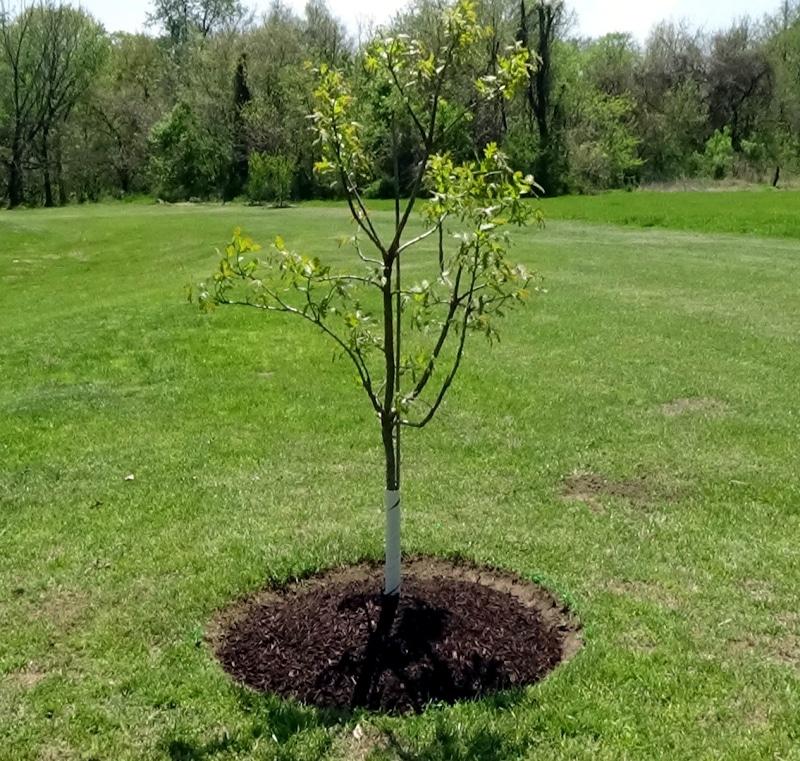
Understanding the Costs of Professional Tree Planting Services
When considering professional tree planting services,it’s vital to understand the various factors that can influence costs. These services typically charge based on a combination of factors that can include the following:
- Species of Tree: Some species are more expensive to procure and plant than others.
- Size of the Tree: Larger trees require more labor and resources for planting.
- Site Preparation: Costs can increase significantly if the planting site requires extensive preparation such as clearing debris or soil enhancement.
- Location: Urban areas may have higher service costs due to accessibility and logistical considerations.
To provide a clearer picture of potential costs, the table below summarizes average fees associated with common tree planting services:
| Service | Average Cost (USD) |
|---|---|
| Small Tree Planting | $100 – $300 |
| Medium Tree Planting | $300 – $700 |
| Large Tree Planting | $700 – $1,500 |
| Site Preparation | $50 – $200 |
Understanding these factors can definitely help you budget effectively and make informed decisions about tree planting in your landscape. Professional tree planting not only adds aesthetic value but also contributes to environmental health, making it a worthy investment.

Exploring the Environmental and Economic Benefits of Planting Trees
Planting trees offers a multitude of environmental benefits that contribute to a healthier planet. Trees act as natural air filters, absorbing carbon dioxide and releasing oxygen, thus playing a crucial role in mitigating climate change. Moreover, they help combat soil erosion by stabilizing the ground with their roots, promote biodiversity by providing habitats for numerous species, and improve water quality by reducing runoff. The shade created by trees can lower urban temperatures, leading to decreased energy consumption and reducing the urban heat island effect, making cities more livable.
Economically, the advantages of planting trees extend far beyond the immediate costs involved. Trees can significantly increase property values in residential and commercial areas, creating more appealing landscapes that attract potential buyers. Additionally, they have been shown to reduce energy costs by providing natural cooling in the summer and windbreaks in the winter.The provision of ecological services, such as stormwater management and air quality improvement, can save municipalities on infrastructure costs. Here’s a quick overview of the potential savings and value enhancement:
| Benefit | Value Added |
|---|---|
| Property Value Increase | Up to 15% |
| Energy Cost savings | 10-50% Reduction |
| Stormwater Management Cost Savings | $2-$6 per square foot |
| Air Quality Improvement Savings | $20,000 per ton of pollutants removed |
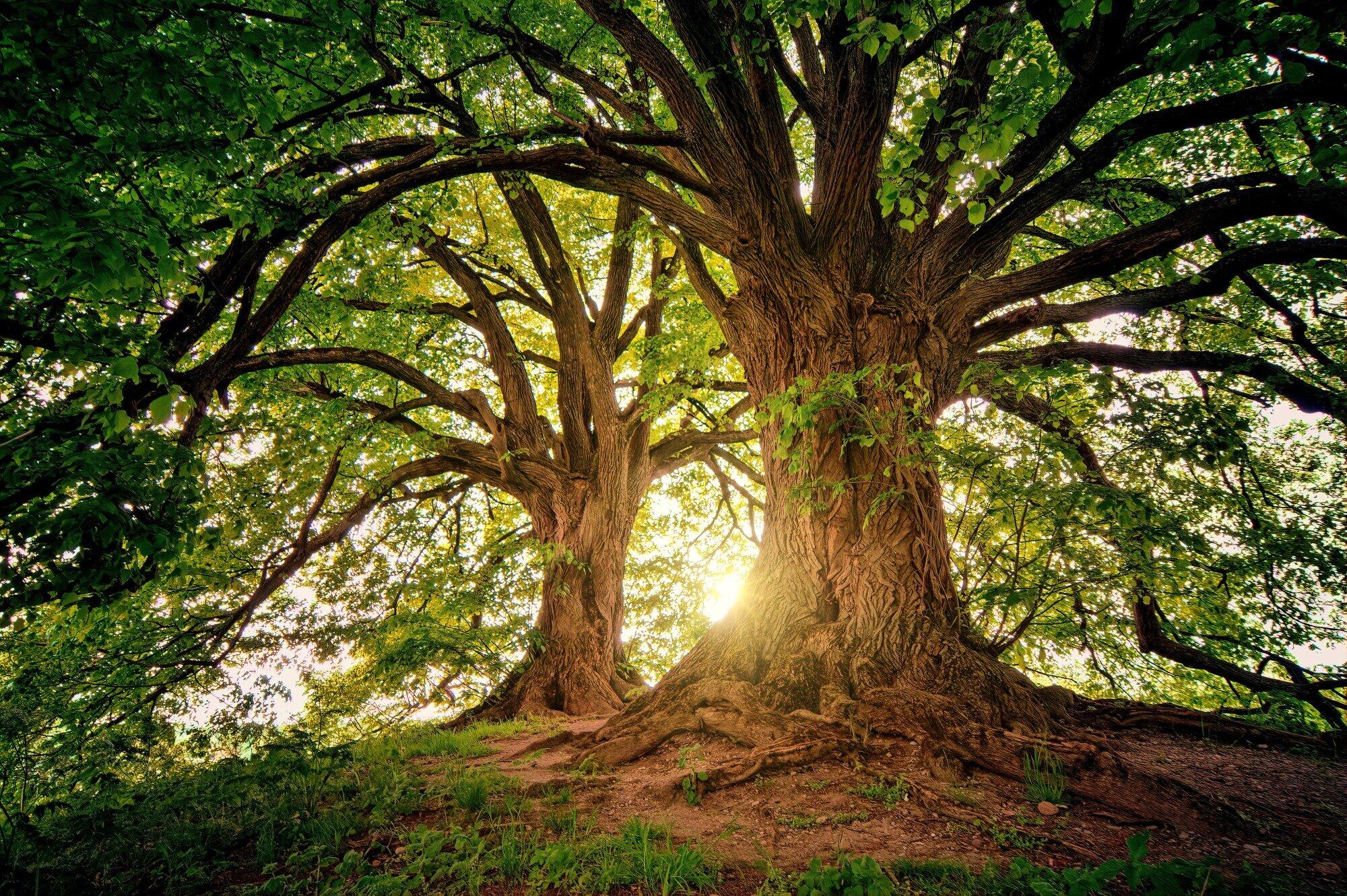
Choosing the Right Type of Trees for Your Landscape and Climate
When it comes to enhancing your landscape, selecting the appropriate trees is key to ensuring both beauty and sustainability. Different types of trees flourish in various climates, so consider factors such as your local whether patterns, soil type, and space availability. Some species that thrive in warmer climates include Red Maple, eastern Redbud, and Sweetgum, while options like Norway Spruce, Quaking Aspen, and White Oak are better suited for cooler regions. It’s important to do thorough research or consult with a professional to align your choices with your habitat.
Additionally, think about the long-term growth and maintenance required for your chosen trees. Factors to consider include:
- Growth Rate: Choose trees that fit your timeline for visual impact.
- Size: Ensure they have enough space to grow without obstruction.
- Maintenance Needs: Opt for species that match your willingness and ability to care for them.
- Pest Resistance: Select trees that are less susceptible to local pests and diseases.
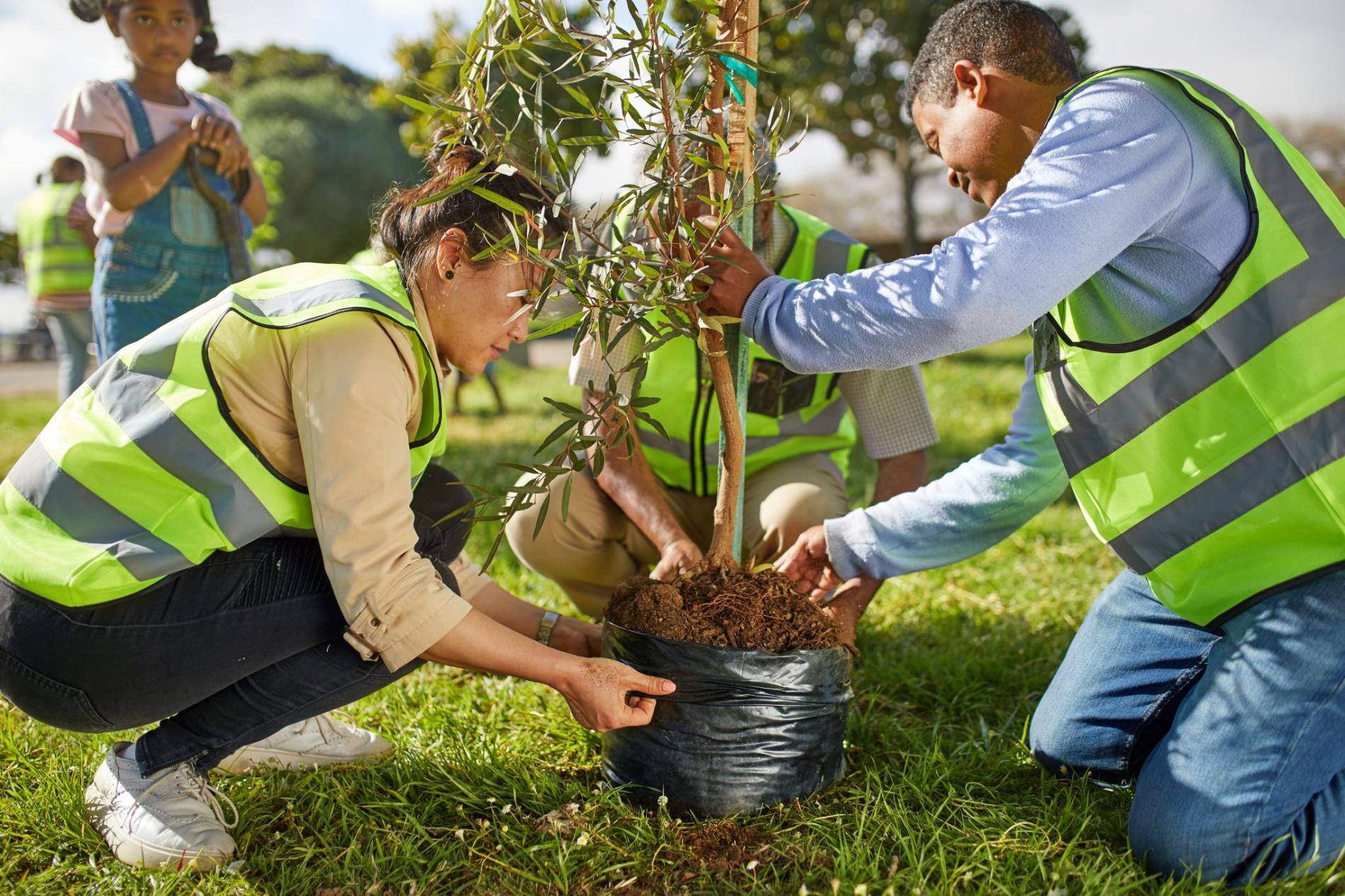
Tips for Selecting a Reliable Tree Planting Service Provider
Choosing the right tree planting service provider can significantly impact the health of your landscape and the longevity of your investment. To ensure you make an informed decision, consider the following factors:
- Experience: Look for a provider with a proven track record in tree planting and care.
- Certifications: Verify if they hold relevant certifications and affiliations with professional organizations.
- References: Ask for testimonials or case studies from previous clients to gauge service quality.
- Insurance: Ensure they have liability insurance to protect you from potential damages during the planting process.
Additionally, comparing multiple service providers can definitely help you find the best fit for your needs. Here’s a quick table to assist you in making an informed comparison:
| Provider | Experience (Years) | Certifications | Insurance |
|---|---|---|---|
| GreenLeaf Tree Services | 10 | ISA Certified Arborists | Yes |
| Rooted in Nature | 5 | Local Certifications | Yes |
| ecotree Solutions | 8 | National Arbor Day Foundation | No |
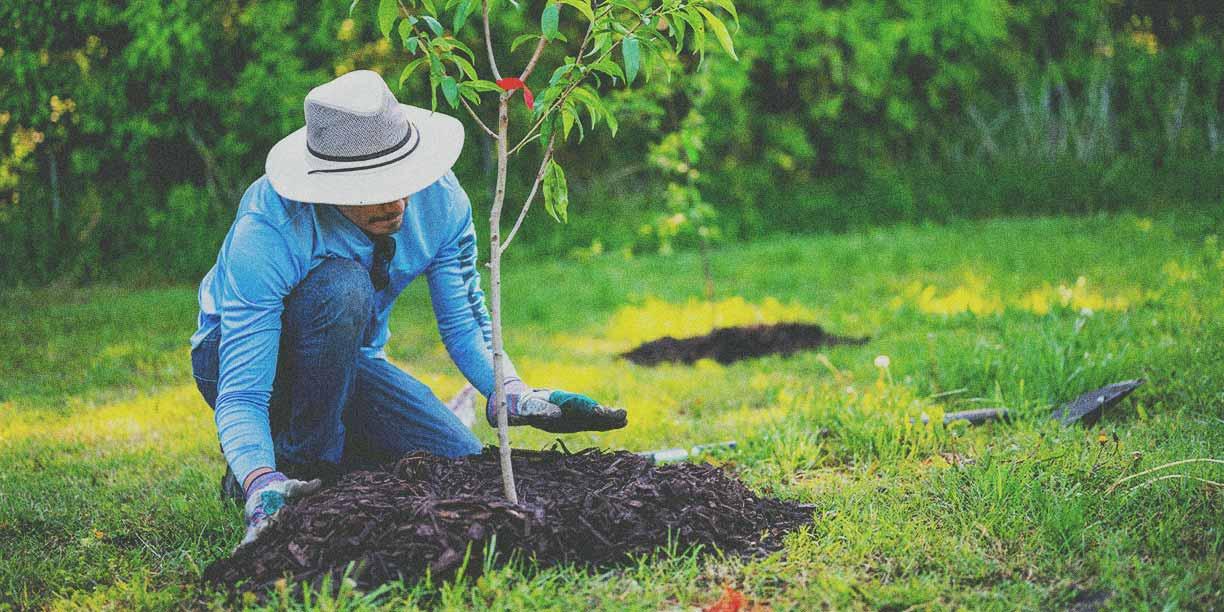
Long-term Care and Maintenance: Ensuring Your Investment Thrives
Investing in tree planting services is only the first step toward enhancing your property and environment. To truly safeguard this investment, implementing a robust long-term care and maintenance plan is essential. Regular watering,pruning,and fertilization not only promote healthy growth but also help prevent diseases and pest infestations. Proper tree care transforms a mere planting initiative into a thriving landscape that can provide beauty, shade, and other ecological benefits for years to come. Consider scheduling seasonal check-ups with professionals who can assess the health of your trees and recommend measures tailored to their specific needs.
Incorporating the right care practices can yield substantial rewards. here are some advantages of consistent long-term maintenance:
- Increased Property value: Well-maintained trees can boost real estate value significantly.
- Enhanced Aesthetic Appeal: A healthy landscape creates a visually appealing environment for both residents and visitors.
- Biodiversity Support: A variety of trees improves local ecosystems, offering habitats for diverse wildlife.
To visualize these benefits, consider the potential growth and maintenance costs outlined in the table below:
| Service | Annual Cost | Benefit |
|---|---|---|
| Regular Pruning | $300 | Promotes healthy branches and prevents hazards |
| Fertilization | $200 | Enhances growth and nutrient uptake |
| pest Management | $150 | Keeps trees healthy and resilient |
| Seasonal assessments | $100 | Identifies issues before they escalate |
Q&A
Q&A: Tree Planting Services – Cost and Benefits
Q1: What exactly are tree planting services?
A1: Tree planting services are professional offerings that help individuals, businesses, and municipalities plant trees efficiently and sustainably. This can include everything from site assessment to selecting the right species for the environment, and also the actual planting process and ongoing care.
Q2: Why should someone consider hiring a tree planting service rather than planting trees themselves?
A2: While planting trees might seem straightforward, professionals bring expertise that ensures trees thrive.They can assess soil quality, choose the best species adapted to the local climate, and utilize best practices for planting depth and spacing. Their knowledge can significantly increase the survival rate of the trees.
Q3: What are the typical costs associated with tree planting services?
A3: Costs can vary widely based on several factors, including location, tree species, quantity, and additional services like mulching or ongoing maintenance.On average, you might expect to pay anywhere from $50 to $150 per tree for professional planting services, not including the cost of the tree itself.
Q4: are there additional benefits to hiring a tree planting service beyond just planting trees?
A4: Absolutely! Many services offer comprehensive care packages that include mulching, watering, and even pest management.Additionally, they frequently enough provide consultation on tree placement and future maintenance, ensuring that your investment in trees pays off in the long run.
Q5: What environmental benefits can we expect from tree planting services?
A5: Trees play a crucial role in improving air quality,reducing carbon footprints,and enhancing biodiversity. Beyond these well-known benefits, they can also help manage stormwater runoff, stabilize soil, and provide habitat for wildlife, contributing to healthier ecosystems and communities.
Q6: Are there any long-term financial benefits tied to tree planting?
A6: Yes! While there is an upfront cost,well-placed and maintained trees can increase property values,reduce energy costs (via natural shading),and even lower municipal costs in terms of stormwater management.Over time, these benefits often offset initial expenditures.
Q7: Can tree planting services help with carbon offset initiatives?
A7: Certainly! Many tree planting services specialize in projects aimed at carbon offsetting, helping businesses and individuals gauge their carbon footprints and implement strategies to counteract them. Planting trees not only contributes to immediate benefits but also serves as a tangible commitment to sustainability.
Q8: how do I choose the right tree planting service for my needs?
A8: When selecting a service, consider their experience and reputation, the range of services offered, and customer reviews. It’s also helpful to ask about their tree selection process,warranty policies,and ongoing maintenance plans to ensure that you choose a comprehensive service that aligns with your goals.
Q9: What should I no before scheduling a tree planting service?
A9: Prior to planting, assess your space, think about your goals for the trees (shade, aesthetics, privacy), and understand your budget. It’s also useful to research any local regulations regarding tree planting, especially in urban areas where permits might be required.
Q10: Is tree planting a worthwhile investment?
A10: Undoubtedly! Investing in tree planting services is not only an investment in your immediate environment but also a contribution to the health of our planet. With thoughtful planning, the benefits of a well-executed tree planting project can last generations, enhancing both property and community.
In Summary
As we draw the curtain on our exploration of tree planting services, it becomes clear that this green endeavor offers a harmonious blend of aesthetic appeal, environmental impact, and economic viability. From enhancing property values to combating climate change, the benefits of nurturing our planet thru tree planting are profound and multifaceted.
On the other hand,understanding the associated costs—both financial and time-related—empowers individuals and communities to make informed decisions that align with their values and goals. Whether you’re considering a small backyard project or a large-scale reforestation initiative, the insights shared in this article can guide you toward a greener future.Ultimately, tree planting is not just an investment in your immediate surroundings; it’s a commitment to the health of our planet for generations to come. So, as you contemplate the potential of enriching our earth with lush canopies and vibrant ecosystems, remember: each seed planted is a step toward a more sustainable tomorrow. Let the journey begin, one tree at a time.

